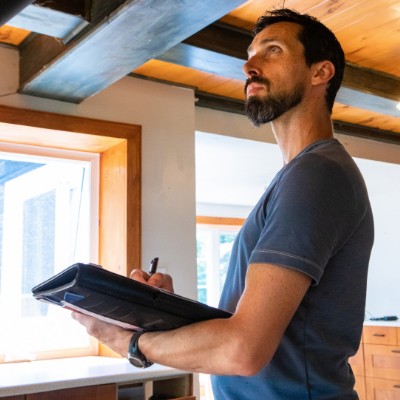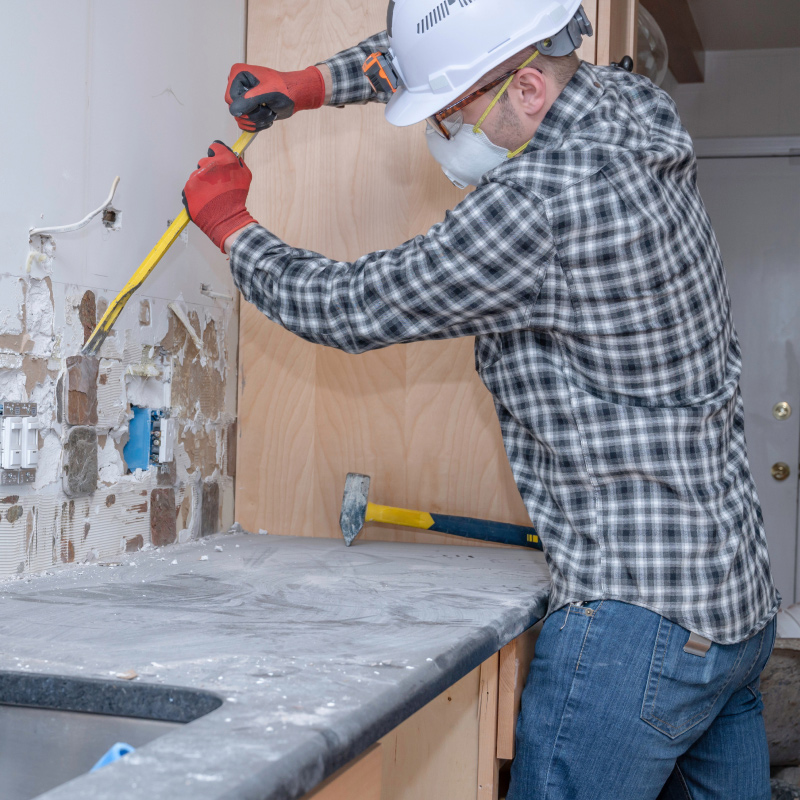How Much Does a Home Inspection Cost?
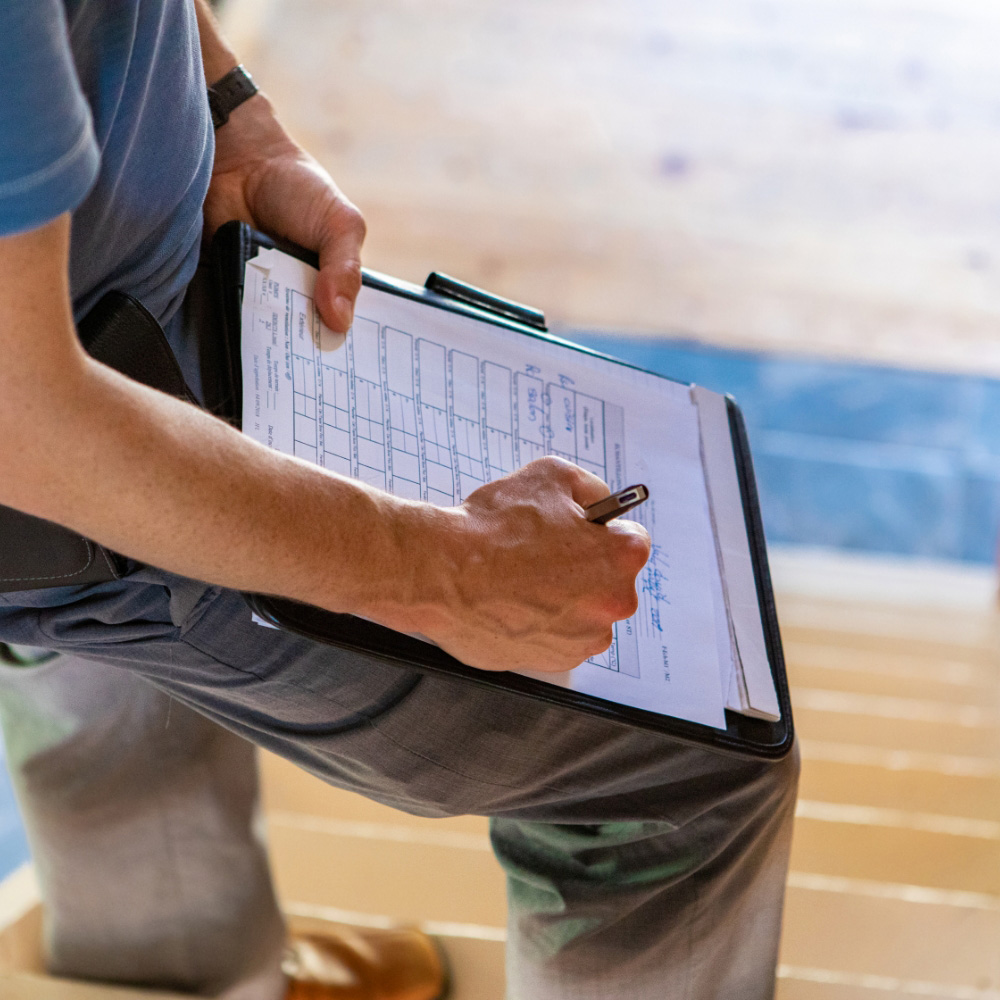
Last updated August 12, 2024
Building managers and house flippers can ensure the value of their properties and identify signs of disrepair with a home inspection. Certified inspectors provide a thorough review of the condition of a home and identify necessary repairs.
This guide reviews the average costs for a home inspection and the factors that influence inspection costs.
Table of Contents
Why Do You Need a Home Inspection?
How Much Does a Home Inspection Cost?
How Much Do Special Inspections Cost?
How to Hire a Home Inspector
How to Prepare for a Home Inspection
More Products. More Tools. More Perks.
Why Do You Need a Home Inspection?

A home inspection helps determine a property's value and safety before listing it for sale. A home inspection can reveal unknown problems on the property, and create an opportunity to make repairs before accepting any offers. Resolving concerns before sale makes closing easier in the future.
Home inspectors are certified by the International Association of Certified Home Inspectors (InterNACHI) and use hundreds of criteria to identify disrepair in homes. Their inspections help property managers establish a fair asking price for a home, as any issues the inspector identifies can be factored into the pricing.
Home inspectors provide a detailed report of their findings after the inspection, which can give potential buyers a clear understanding of the condition of the property. Potential buyers may be more likely to make an offer on homes that have an inspection report accessible for them to read.
Criteria for home inspection reports are comprehensive, but broadly cover the following:
- Basements and grounds for water and septic issues
- Structural problems with the foundation, windows or doors
- Exterior rot or decay
- Roof damage from weather or debris
- Interior insulation, framing, plumbing electrical and HVAC
- Kitchen cabinets, plumbing and electrical code compliance
Potential home buyers often request home inspections as well. This protects the buyer's real estate investment and assures them of the condition of the property.
If a home inspection finds any issues in the house, the property owner may consider fixing them before putting the house on the market. This helps owners determine what repairs the property needs to sell. A seller can choose to sell the house with its existing wear and tear, however they risk spending more time looking for potential buyers.
How Much Does a Home Inspection Cost?

The average home inspection costs $200-$500. Factors such as home size, the age of the home, location and required expertise all influence the price of inspection. An older home in an area with a high cost of living may be more expensive to inspect than a newer home in a less competitive market. Home inspectors with a higher level of certification or experience in the field may charge more per inspection.
Home inspection rates will increase along with the home size. For example, a 1,000 square foot apartment typically costs $200-$250 to inspect, whereas a single-family home costs $300-$400. Inspections of multifamily homes and other large properties can cost $500 or more.
Additionally, home inspection companies may have different rates based on reputation and demand. A large inspection company known for their reliability may charge more per inspection than a newer competitor. However, more experienced home inspectors may be more likely to identify potential issues in the home. They may also be better for property owners looking for recommendations for inspection specialists or technicians.
Home inspection costs cover a broad range of services, but some inspectors a have specialized focus, such as with foundations or roofing. Research a home inspection company and find out exactly what they cover before hiring them.
How Much Do Special Inspections Cost?
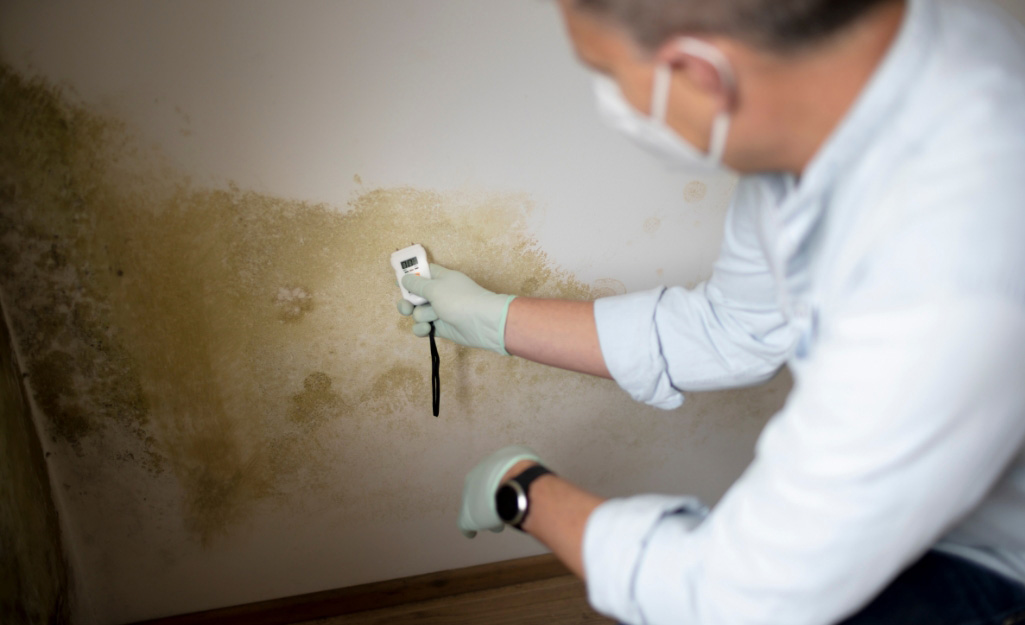
Home inspectors sometimes find evidence of an issue they do not have the expertise to evaluate. In this case, the inspector may recommend that another company conduct an additional inspection to investigate these issues.
Special inspections have additional costs, for example:
- Foundation inspection average cost: $400-$750
- Termite inspection average cost: $50-$280
- Septic tank inspection average cost: $100-$450
- Sewer line scope inspection average cost: $125-$900
- Asbestos testing average cost: $400-$800
- Mold testing average cost: $300-$1,000
- Lead testing average cost: $250-$700
- Radon testing average cost: $800-$2000
Specialists provide quotes for any recommended repairs after conducting their inspection. For example, a septic tank inspector could estimate the cost of routine maintenance on a standard size tank and recommend a possible technician.
This way, the property owner understands the relative cost for fixing the tank and can factor that into the price of the home. Alternatively, the owner can work on getting the septic tank fixed and maintain a higher asking price.
New constructions also have their own type of inspection. The process take two to four hours, and evaluate the foundation, framing and all major systems in the home. New construction inspections can cost between $280 and $400.
How to Hire a Home Inspector
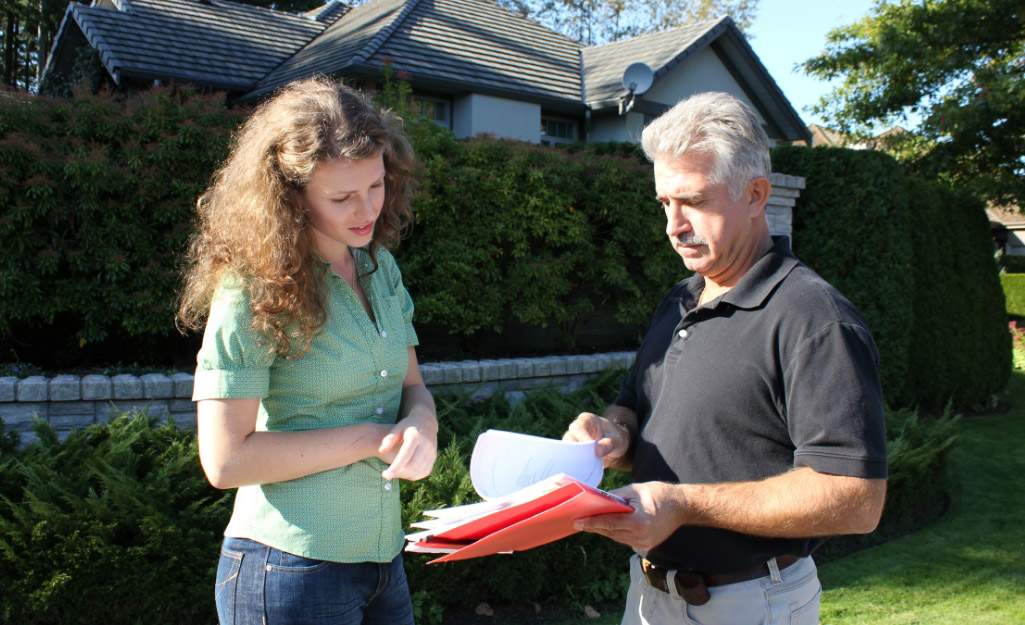
Some home inspection companies are more in-depth than others, and prices can vary from business to business. Ask the business about their certifications and knowledge of current building and residential electrical codes during the interview process.
Review at least five home inspection companies in your area. Some inspectors list their rates online, but contact them directly for the most up-to-date information. When researching home inspection companies, consider:
- Years of experience
- Average costs in the region
- Any specializations, certifications or licenses
- Items included in the inspection
Some inspectors will also provide a sample report on request, which helps potential clients evaluate how thorough they are. An impressive sample may help property owners justify a higher-priced inspection if they need most or all of the services offered.
How to Prepare for a Home Inspection
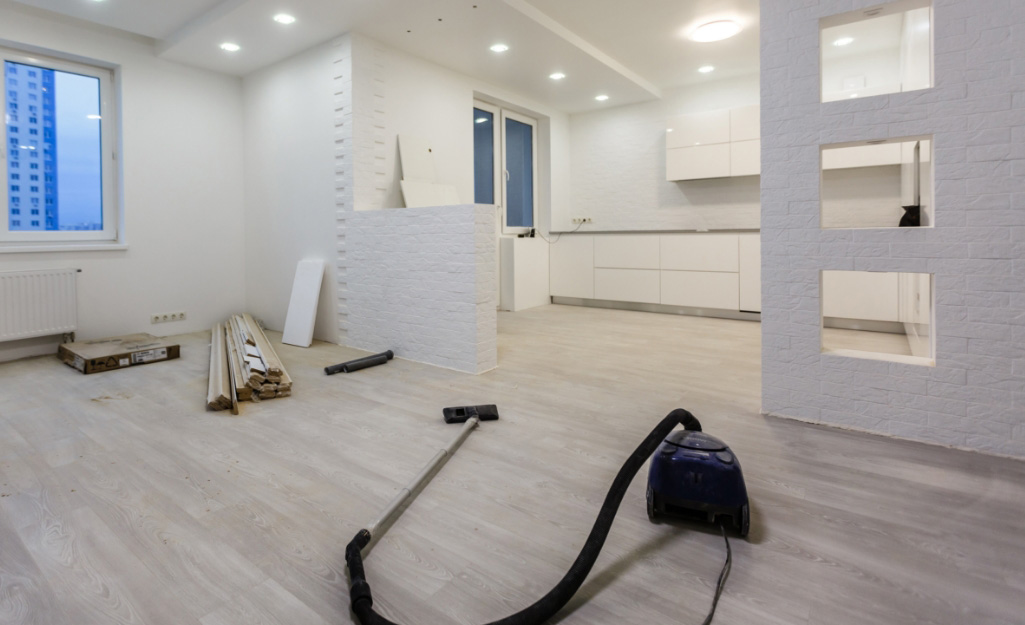
Once you have hired a home inspector, prepare the home prior to the day of inspection to make the process go as smoothly as possible. Keep the home clean and replace all light bulbs, HVAC filters and furnace return filters. Attend to any small pests like ants or flies.
In addition to routine upkeep of the home, prepare major parts of the home as follows:
· Ensure clear access to all areas that need inspection.
· Clear the perimeter of the home for outdoor inspections.
· Clean moss and debris from the roof, and fix any issues with the downspouts.
· Confirm that all toilets are working.
· Turn on all pilot lights and make sure the breaker box is working.
· Make sure all doors, windows and cabinets are in good condition.
· Check for any leaks or water damage in the home.
On the day of inspection, make sure there is access to all exterior inspection areas on the property. Leave open any gates, electrical boxes or sheds that need inspection.
If possible, communicate with the inspector about how they will notify you when the inspection is complete. Afterwards, secure the exterior and interior and wait for the results.
More Products. More Tools. More Perks.

Be more competitive and boost your bottom line with Pro Xtra, The Home Depot’s free loyalty program built for Pros. Sign up today to access the enhanced Pro Online Experience, built with the online business tools and time-saving features Pros need.
Authorize employee in-store purchases quickly and securely via text. When Pro Xtra members enroll in Text2Confirm, you have total visibility to a details list of everything your employee is buying.






